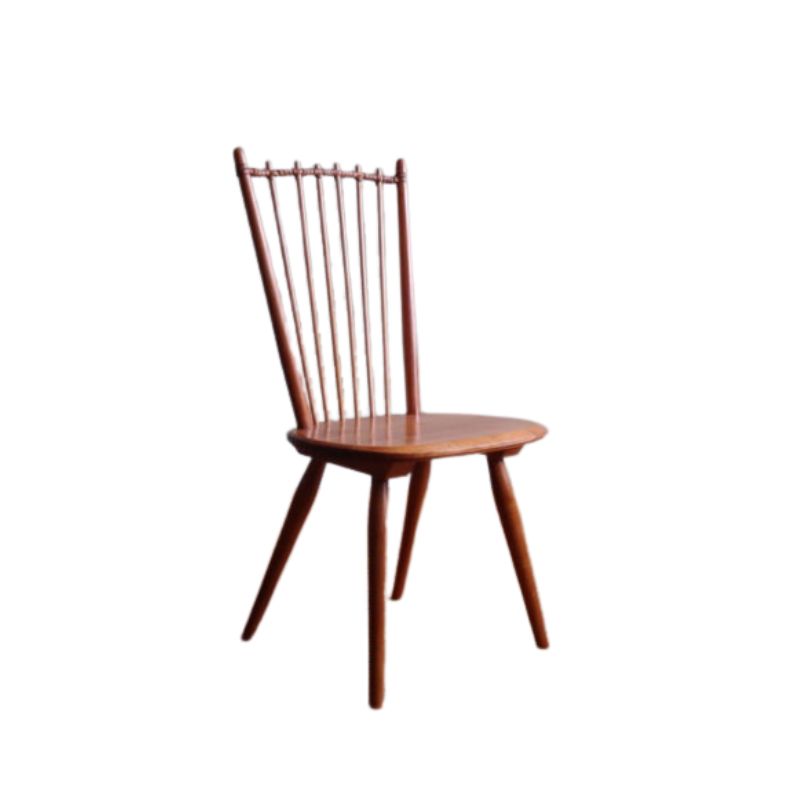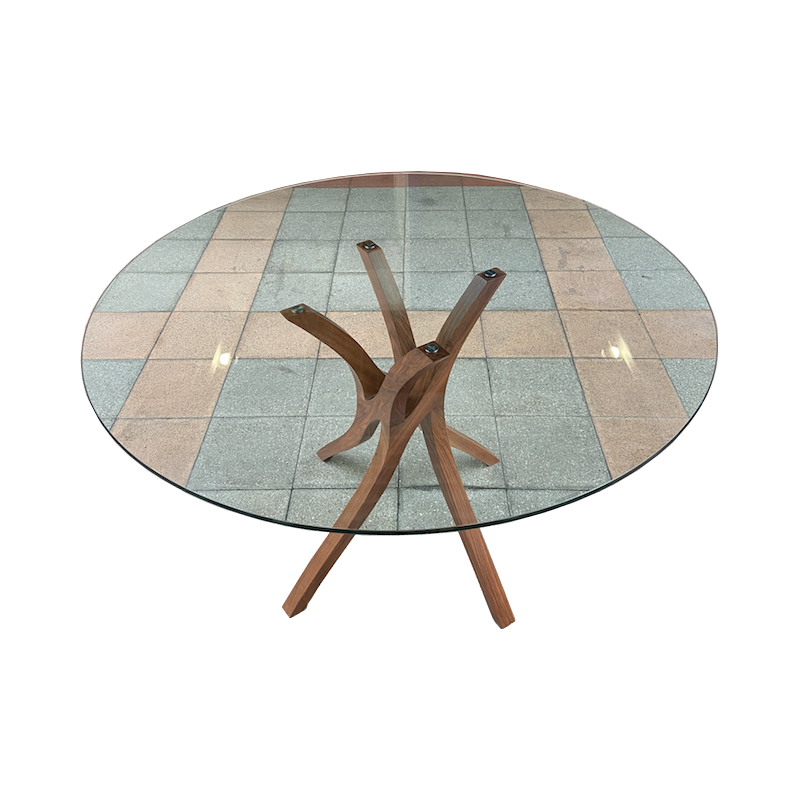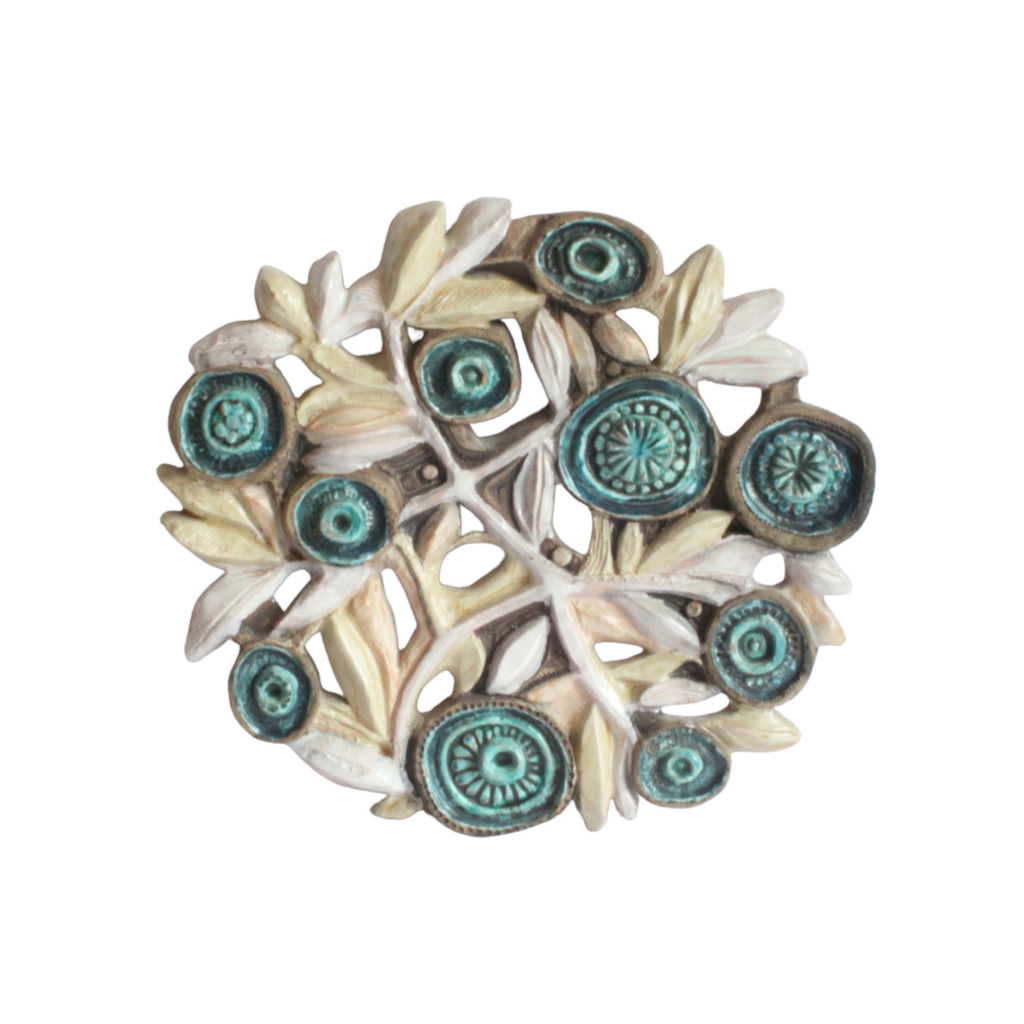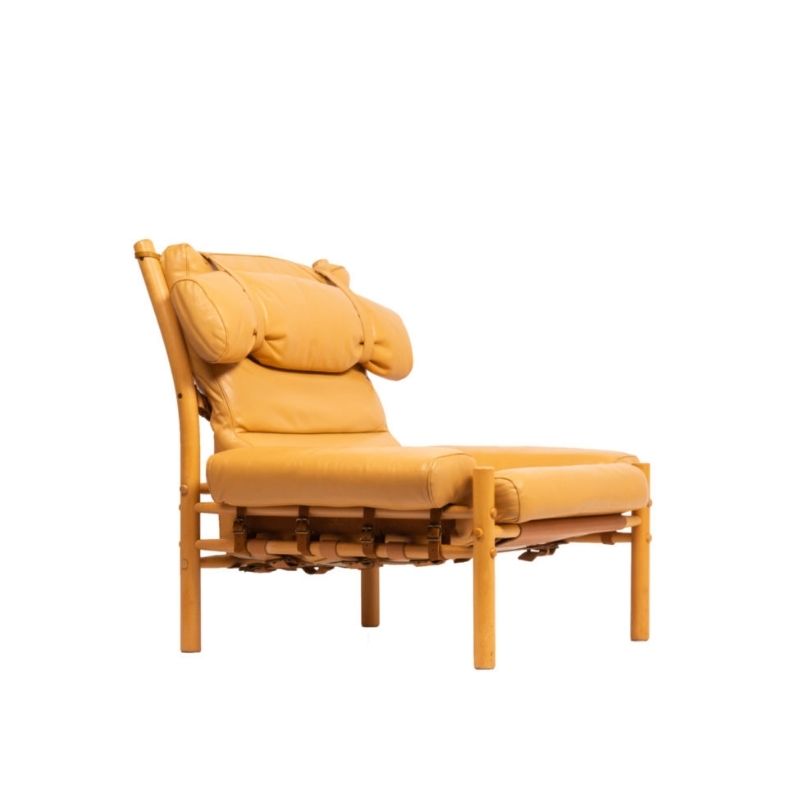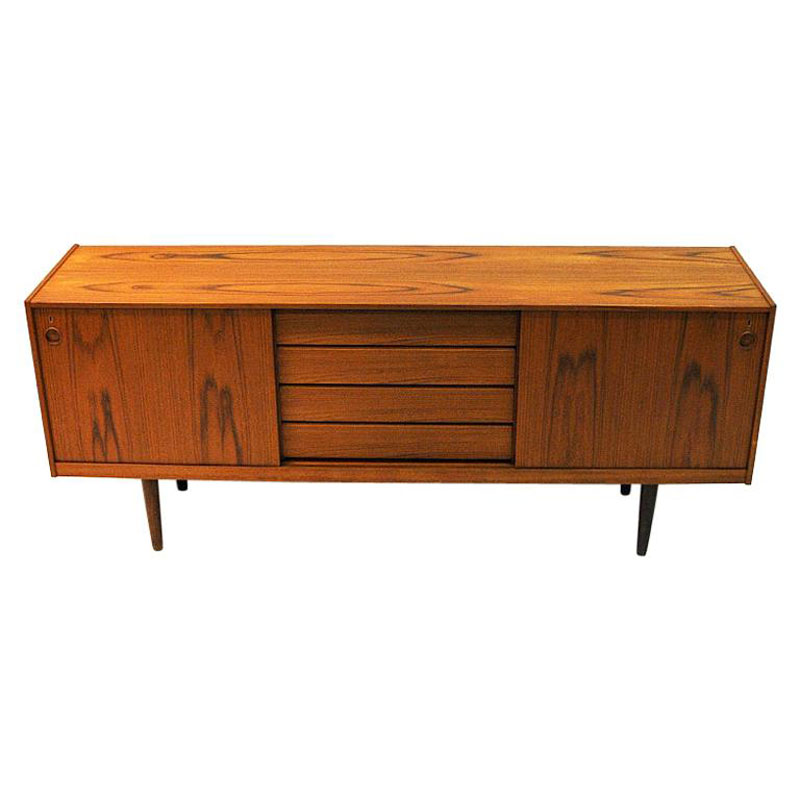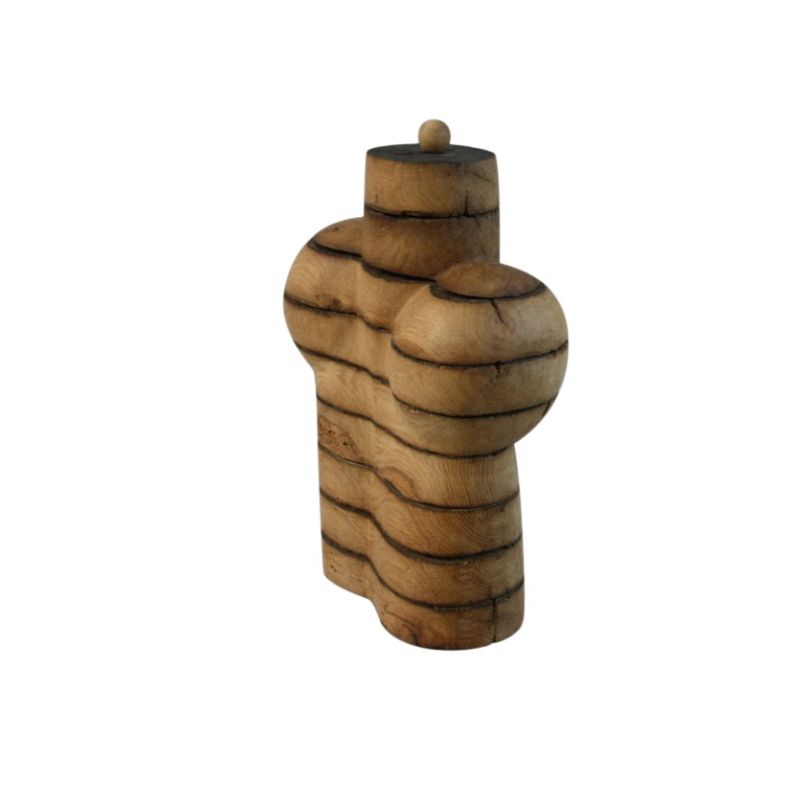Hello everyone,
I recently purchased a beautiful dining table produced by Søren Willadsen in Denmark.
I‘d love to know who designed it and would be really thankful for any other information about the piece.
Especially the oval legs kind of look like ones of a couple other tables/chairs designed by Kai Lyngefeldt Larsen but I didn‘t yet find any similar tables or proof online.
Looking forward to any new input!
thanks a lot!
@mkdesign. This appears to be an extending table? If so could you post pics of the extension mechanism and the extra leaves if there are any.
Also you say it is by Soren Willadsen; do you have a pic of the stamp or label?
Knowledge shared is Knowledge gained
Yes it can be extended. Details in the picture. (There is another wooden Panel that can be placed in the middle after) And unfortunately it doesn‘t have any sw furniture stamp or tag on it. the chairs that came with it on the other hand do have. I can add a picture of them and the label in a second

I’ve seen the same design a long time ago. I have yet to see any documentation. As you would expect from Willadsen they are beautifully made.
@mkdesign. Sorry I have taken so long to reply.
Thank you for posting all those extra pics.
At this point, having searched I have not found your table nor have I come across one like it. That apron shape/ design is most unusual.
Where are you based? It might help with the search!
And as @leif-ericson said, those chairs are beautifully made. The Danish Furniture Index ( DFI) has very few Willadsen pieces and they are not there. Instagram has a few hits but again no designer mentioned.
Knowledge shared is Knowledge gained
This challenge with Søren Willadsen is that he started in 1904 and built the business up to become a major domestic danish market furniture supplier to furniture retailers, department stores and for contracts like hotel furnishings (which he advertised for in the early 1950s). There were many little workshops who could produce beautiful work but at tiny volume and comparatively expensive. There were not many shops who could produce high quality and high volume and reasonable prices. Søren Willadsen was one. Many furniture makers whose names you would recognize apprenticed there (Poul Hundevad, Ejnar Pedersen who ran PP Møbler, Henry Rolschau, etc). Because of this, he did not need to advertise much to get business. And the old standard for how the business worked involved having a salesman with photos of your product who would go around calling on your retailers and showing photos and price lists, in other words they were not things you handed out to the public. Sometimes he did exhibitions, but again, many of these exhibitions were heavily trade centric and not photographed or documented in the press, except perhaps the very small distribution, focused furniture business press. And he also very rarely marked anything because part of keeping your retailers happy (your customers for him) was not putting your name on pieces so that the end buyers would stay attached to the retailer.
Søren died in 1956 and his son-in-law took over the factory (his son Knud had started a failed cabinetmaker business with Ejnar Pedersen in Copenhagen) and J.D. Lawætz kept a lot of the old habits of the business even though things had started to change in the early 1950s. I expect this is because the factory had been successful with its network of customers and they expected the rules to continue. A factory like Carl Hansen who broke the rules with marking and advertised heavily was not a very vibrant business after the War. As I recall it had been forced to survive by making wooden cases for sewing machines then, which was more or less the reason it still existed to take a gamble on a young Hans J. Wegner and break some industry rules with marking.
If you need any help, please contact us at – info@designaddict.com









